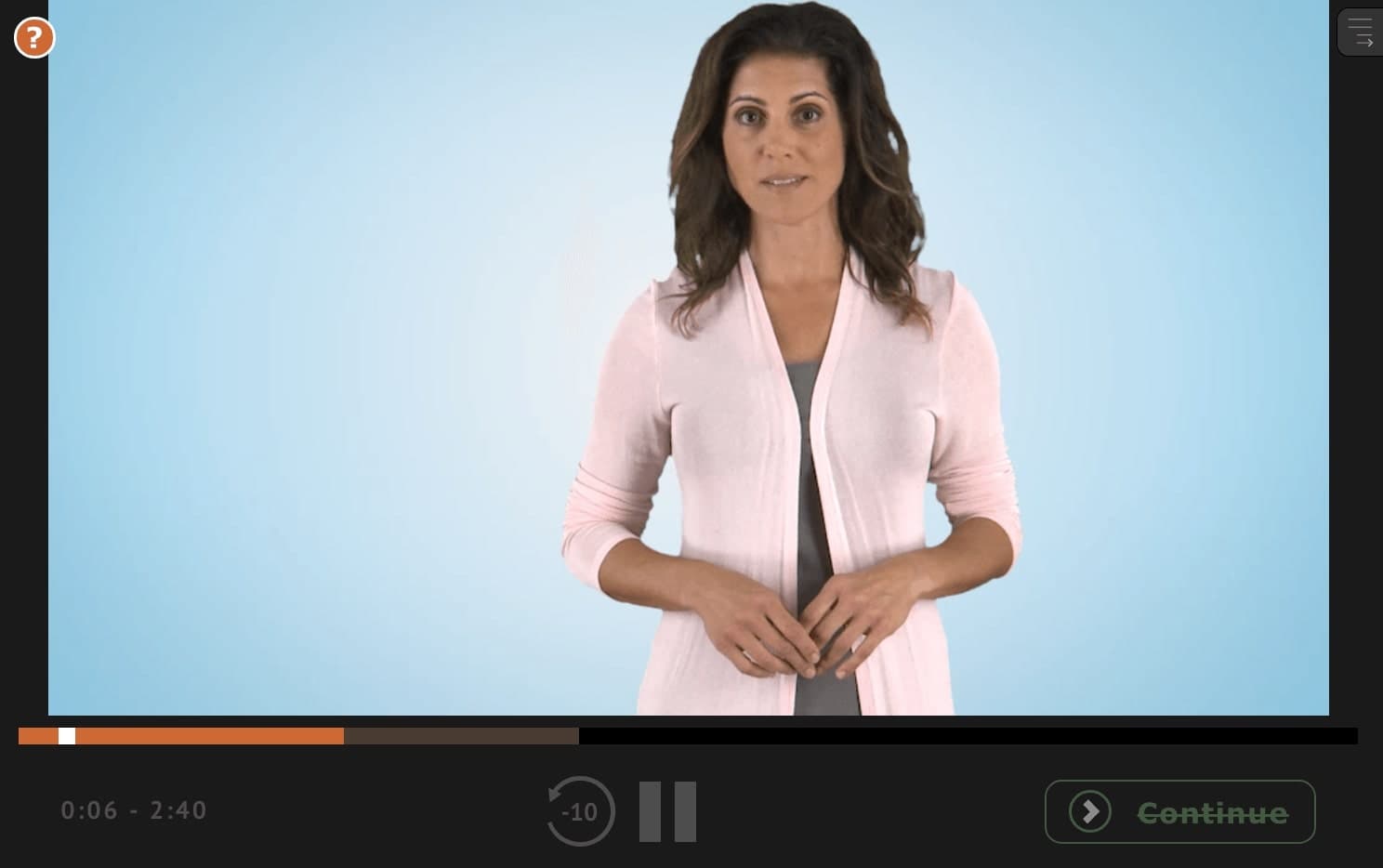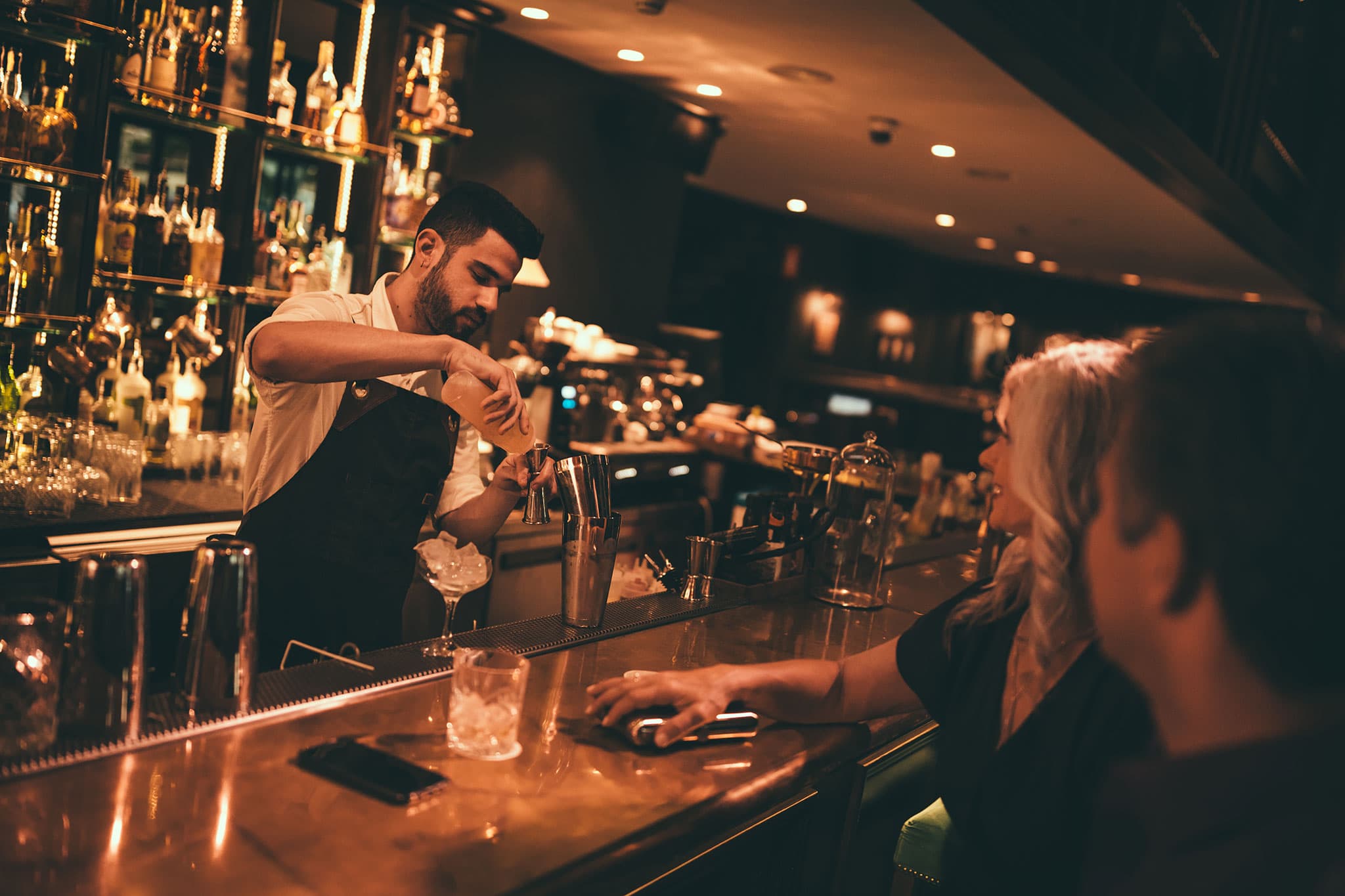
STATE APPROVED ALCOHOL SERVER TRAINING!
Welcome to way to serve
Way To Serve is an exciting online program to get alcohol server training on your own computer.
Way To Serve is for bartenders, mixologists, waiters, waitresses, and anyone who sells or serves alcoholic drinks to customers for on-premises consumption.
Way To Serve is for employees at grocery stores, liquor stores, convenience stores, and any premises that sells package alcoholic beverages for consumption off site.
Way To Serve is for individuals who manage or supervise alcohol servers and sellers.
Complete the Way To Serve training at your own pace, 24 hours a day, 7 days a week.
State-approved
Way To Serve is approved by your state to provide training in responsible beverage service. You can be sure that when you successfully complete Way To Serve, you are certified in your state.
California
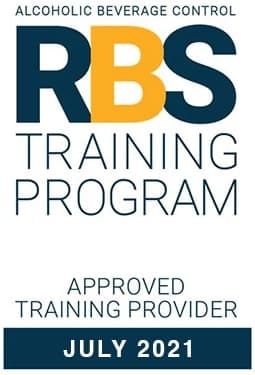
New Mexico

Washington

Way To Serve is approved by your state to provide training in responsible beverage service. You can be sure that when you successfully complete Way To Serve, you are certified in your state.
Multi-media Presentation
Way To Serve uses the latest multimedia interfaces available on the Internet to create an engaging and enjoyable training program. Information is presented in videos, graphics, and animation, as well as text. Take advantage of the best learning environment the Internet has to offer.
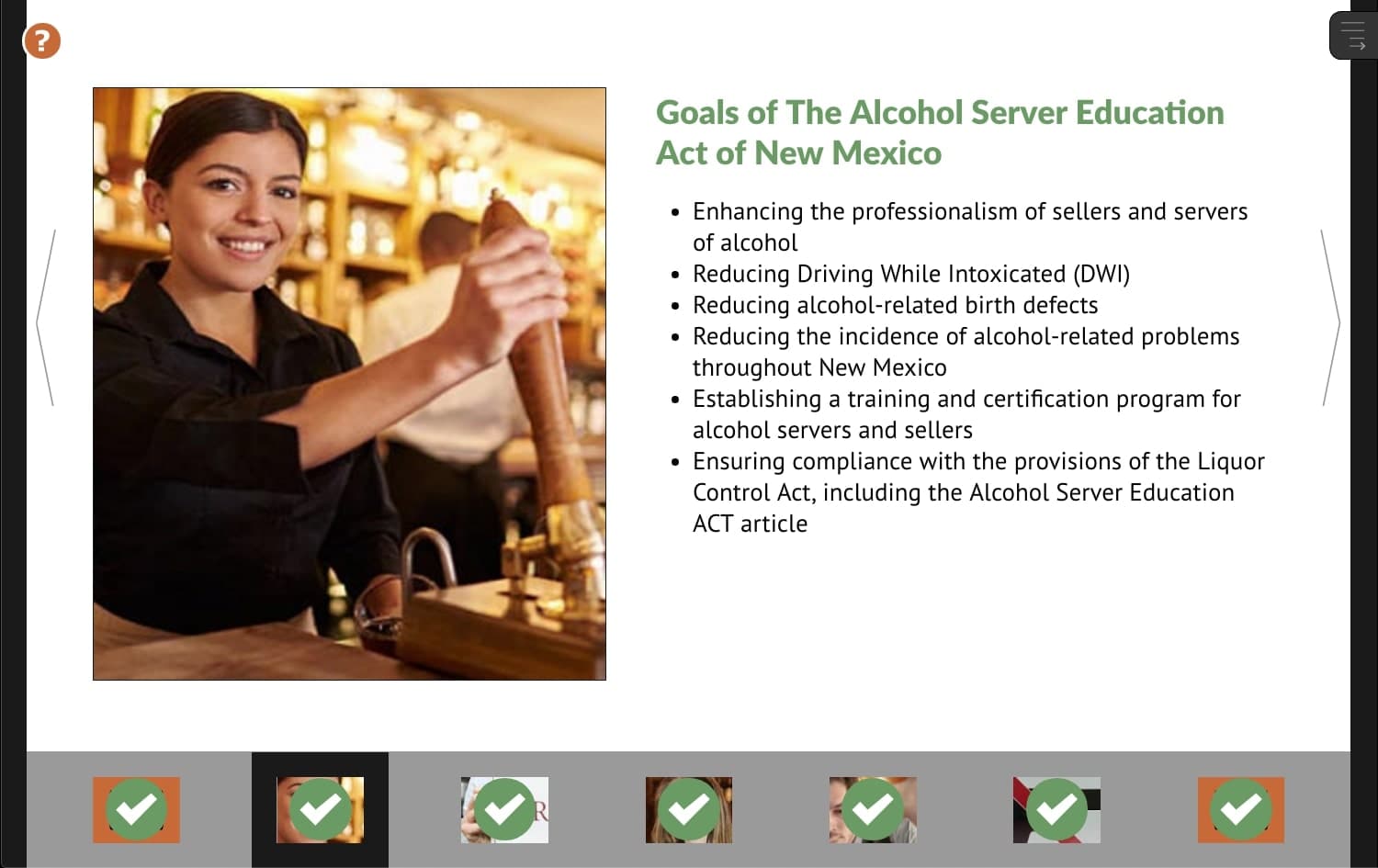
Educational Simulations
In Way To Serve, you don't just sit and read page after page. Instead, interactive simulations get you involved in the learning. Way To Serve shows you how the training can be applied and gives you activities to practice it.
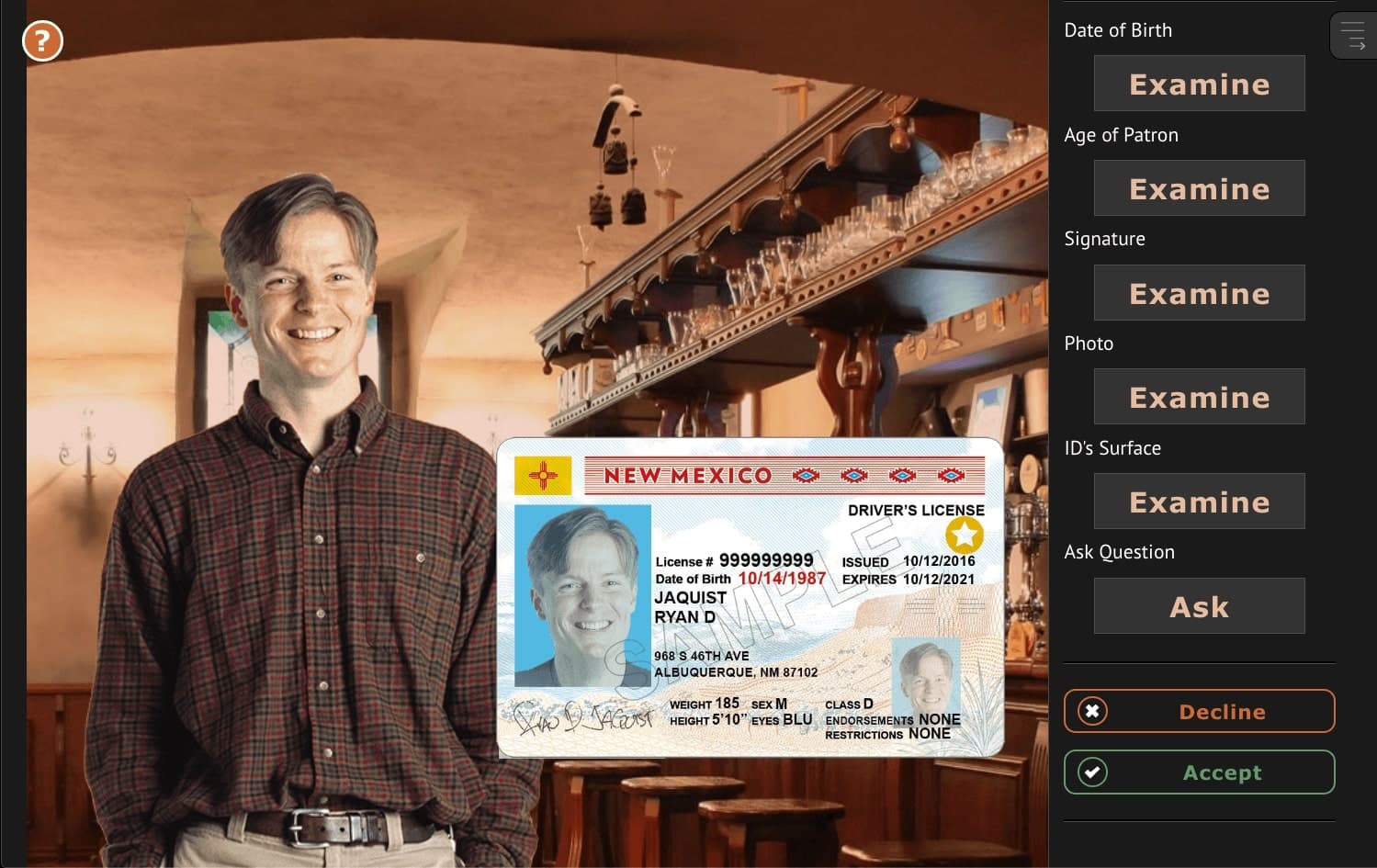
Unique SERVE System
Way To Serve gives you an easy to learn and simple to use drinking counting technique to keep your customers safe. The SERVE system enables you to check your customer, count their drinks, and keep them under the BAC limit to drive and be safe.
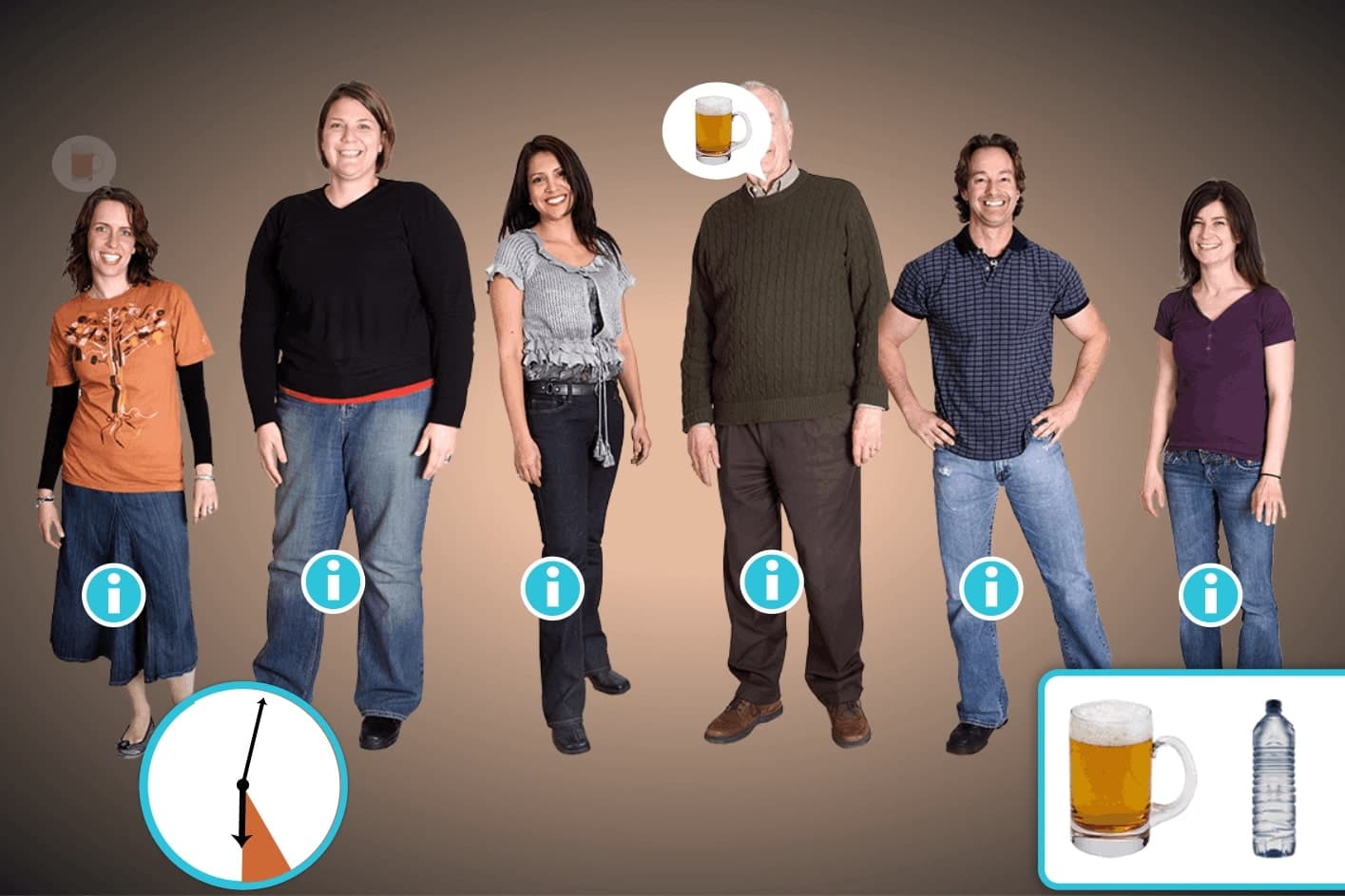
Made just for servers and managers like you
Way To Serve was built with input from servers and managers. It was tested throughout production to ensure it is user-friendly and engaging, and presents skills in real-world settings servers and managers encounter every day.
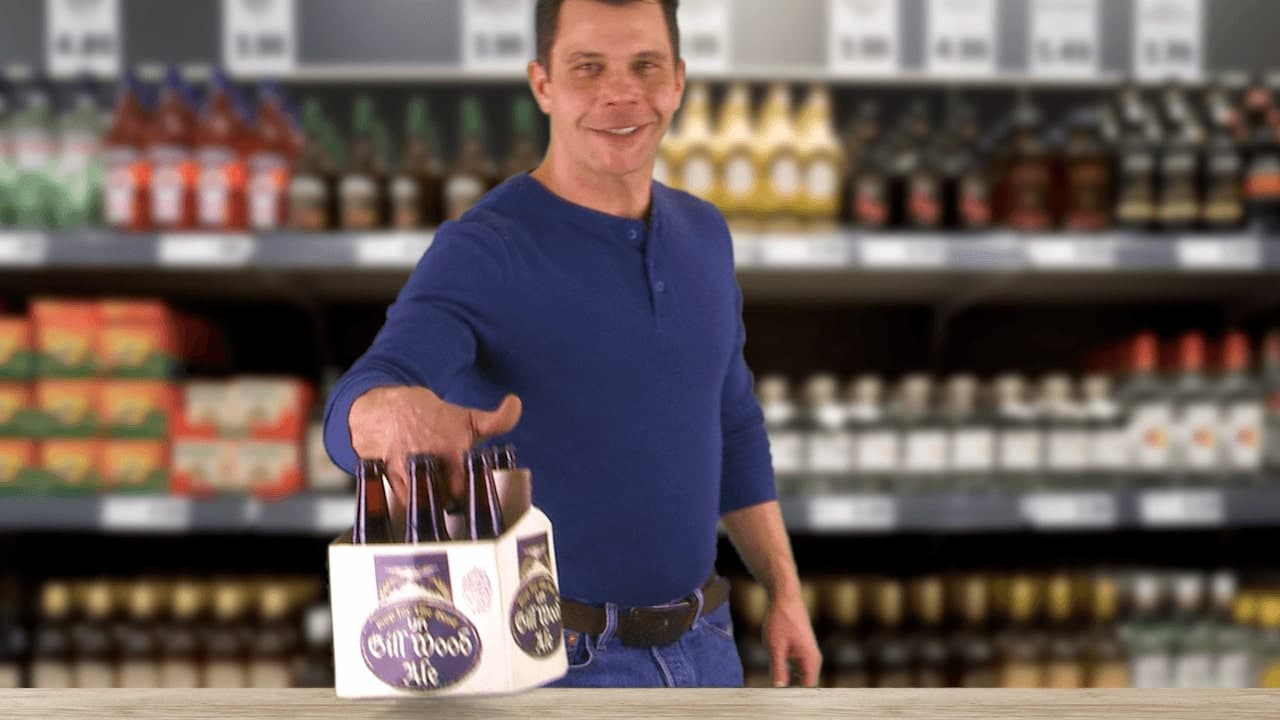
Check Your Learning
Way To Serve tests how well you learn to serve alcohol responsibly. Quizzes at the end of each learning module cover the information presented. When you pass a quiz, you move on to the next module.
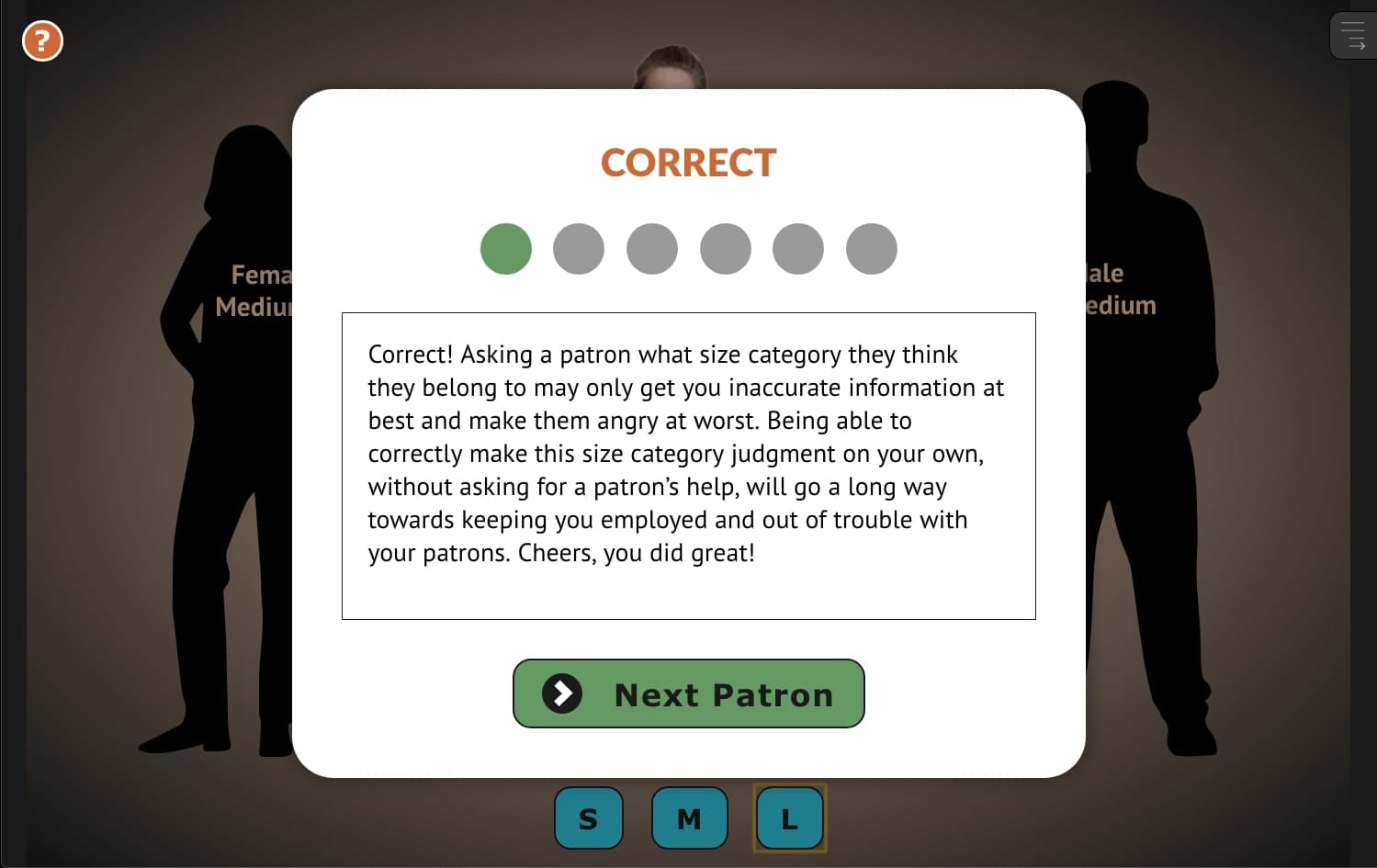
With You Every Step of the Way
Once you register, the Way To Serve video host guides you through the training.
